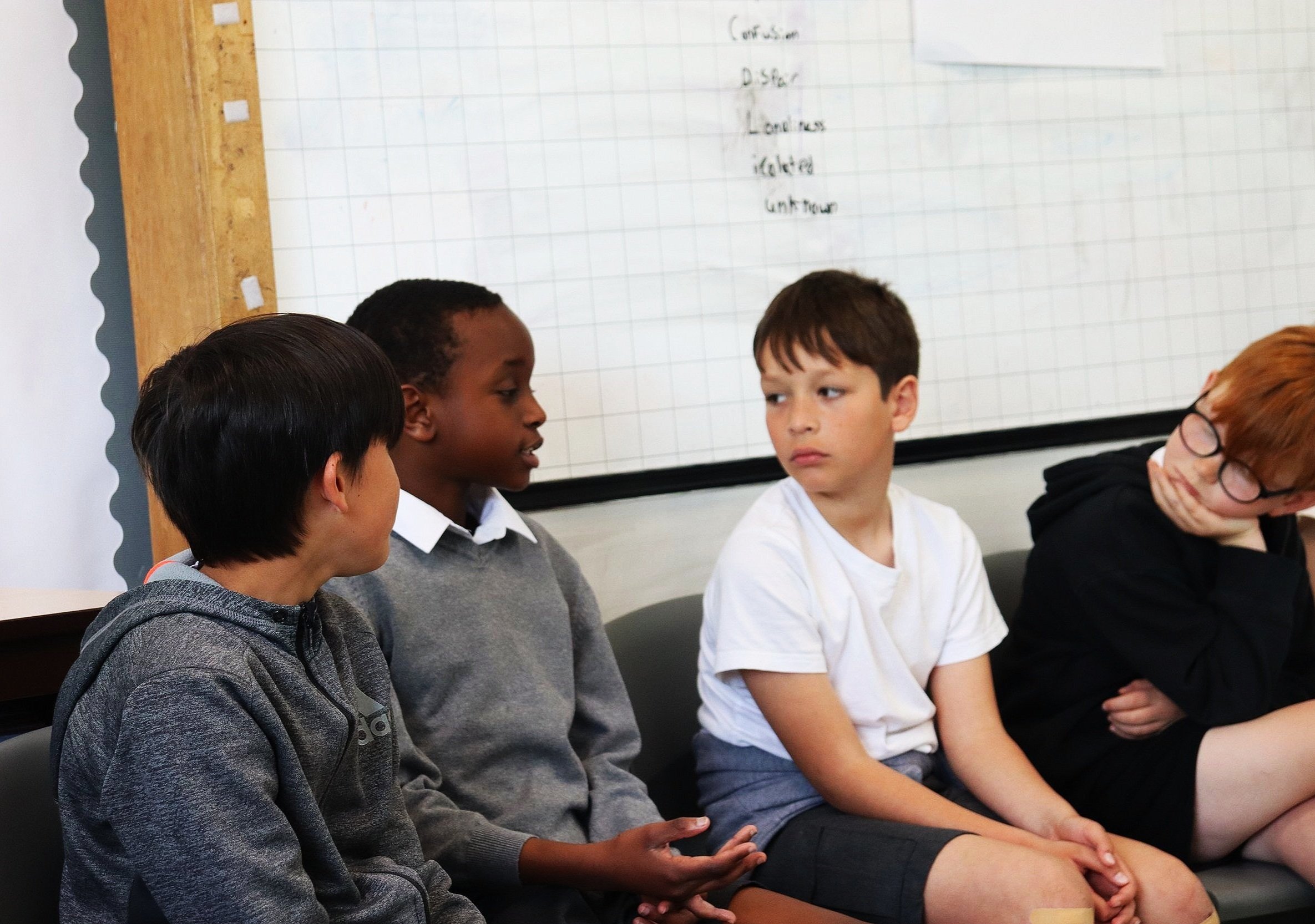Most of us have experienced that feeling where the person running the virtual meeting says, Any comments? and there’s a horrible empty silence.
I think it’s best to create opportunities and structure for participation. Often, people are willing to contribute but they don’t want to seem pushy, or too keen, or they simply need a bit more thinking time.
Try these ways of getting more people to join in. I guarantee your sessions will feel completely different:
For small to medium groups, do ‘rounds’ so that everyone shares their thoughts. Two ways to organise:
Use a circle image to show the order of speakers (see my virtual circle tool). Either keep this visible, or ask people to note it down before the round begins. With this option, you can sit back and listen without having to keep inviting the next speaker.
Or, invite each speaker in turn, using the order you see them on your own screen. Always say two names so that people have a bit of advance warning. Dilys, then Jo please. Thanks, now Jo, then Ruben please. Thanks, now Ruben, then Mandy please.
Use breakout rooms with people in pairs or threes. This enables everyone to contribute, and get more comfortable talking in the online format.
Bring objects. This is my favourite; it really brings Zoom to life. Last term I asked both children and adults in virtual meetings to show something which makes you feel happy. It was amazing to see the range of treasured items – everything from toys to keepsakes to pets!

Let me know how these go for you. Further tips to follow…
Lawrence the Lion and Maple the Meerkat tackle some philosophical dilemmas…
An example of using children’s wonderings to guide a philosophical discussion
My top three strategies to make sure every pupil speaks during whole-class learning
Get your class thinking about fairness, teamwork, competition and more
The importance of positive, transparent systems for deciding who responds
An opportunity to take your teaching to the next level
Statements to get your class thinking and talking in the lead-up to the holidays






























Can they remember what everyone else said?